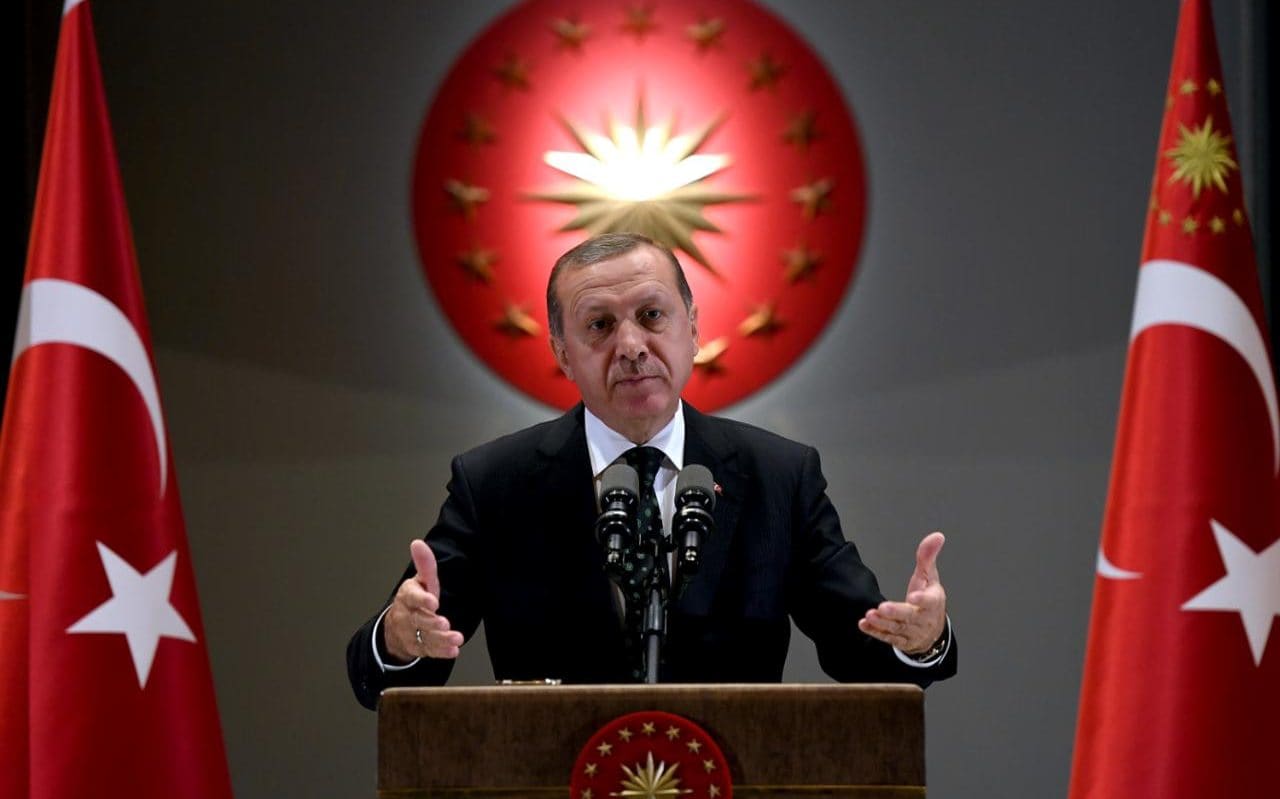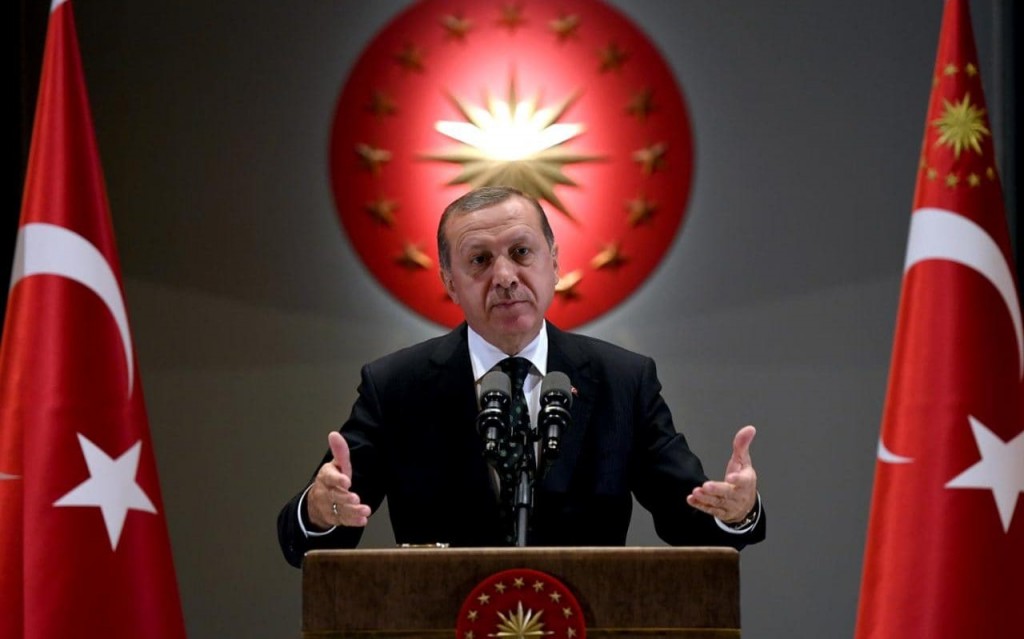Sourced : The National Interest
By Vuk Vuksanovic
On October 10 2017, Turkish president Recep Tayyip Erdoğan went on a state visit to Serbia. While there, he met with his Serbian counterpart, Aleksandar Vučić, and stated: “Together with Serbia and with the entire Balkans, we want to make steps to resolve all the problems.” Vučić reciprocated by saying that “today, Serbia considers Turkey as its friend.” Although Erdoğan’s visit to Serbia was primarily bilateral, it also showed that Turkey had once again become a major player in the Balkans. Indeed, given the stuttering state of Turkey’s international relations, the Balkans appear to be the one place where Turkish foreign policy is a success.
With the long shadow cast by the history of the Ottoman Empire, emphasizing the strong ties between Turkey and the Balkans may not be revolutionary. It does, however, mark a significant departure from nearly a century of Turkish foreign policy. After the defeat of the Ottoman Empire in the Balkan Wars and the Empire’s ensuing collapse after World War I, the Balkans ceased to exist for Atatürk’s Turkey.
For the foreign policy of the new Turkish republic, the Balkans simply did not exist as a strategically important region. Instead, Turkey’s diplomacy was guided by the Atatürk’s famous principle “Peace at Home, Peace in the World.” Operating under this maxim, Turkey stopped trying to be a major power in its former Ottoman provinces.
This remained the case for much of the Cold War, with Turkey’s policy towards the Balkans mostly reduced to bilateral diplomacy. The region was important for Ankara only in context of countering potential Soviet threat—most notably the failed 1950’s Balkan Pact between Turkey, Greece and Yugoslavia.
Read more at : http://nationalinterest.org/feature/how-the-balkans-were-won-turkish-foreign-policy-success-22771


